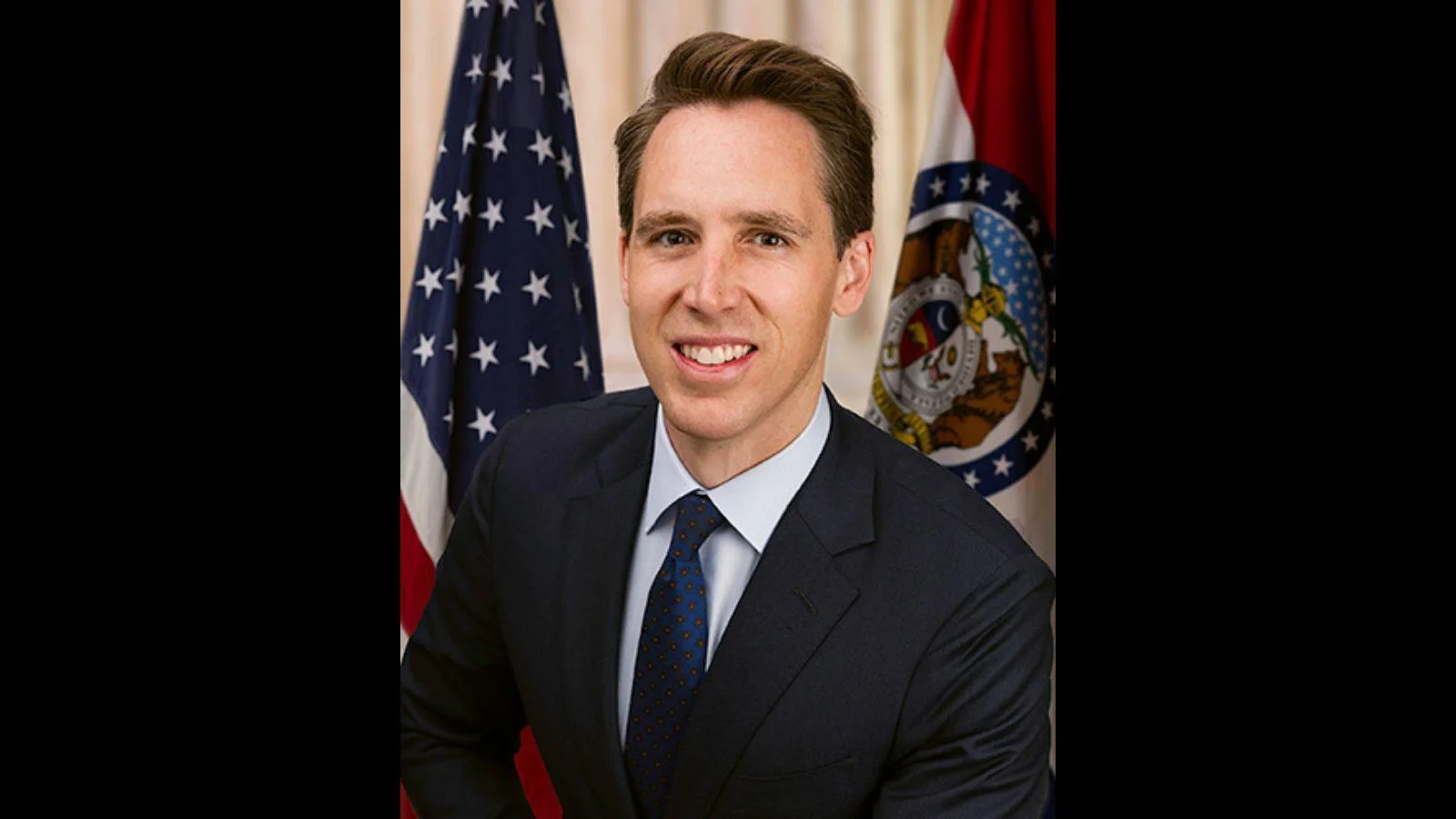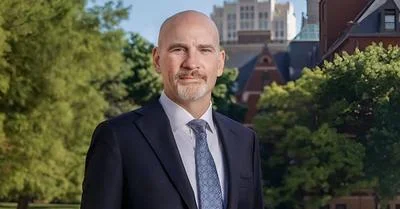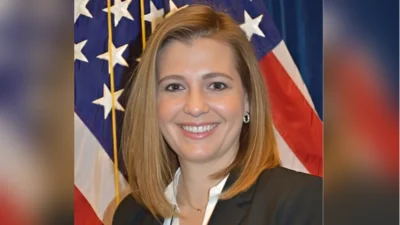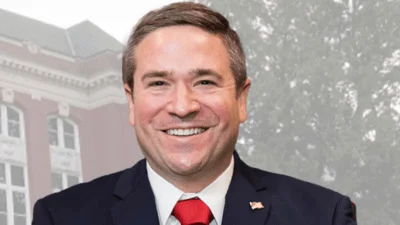U.S. Senator Josh Hawley | Senate.gov
U.S. Senator Josh Hawley | Senate.gov
U.S. Senator Josh Hawley has introduced the Patients Before Monopolies (PBM) Act, a bipartisan bill aimed at regulating Pharmacy Benefit Managers (PBMs). The proposed legislation seeks to prevent PBMs from owning pharmacies, with the goal of reducing practices that contribute to inflated prescription drug costs.
According to a press release by Senate.gov, the PBM Act would require PBMs and insurers to divest their pharmacy businesses within three years if they are found in violation. Enforcement of this requirement would involve agencies such as the Federal Trade Commission (FTC) and the U.S. Department of Justice. These agencies could mandate divestitures and ensure that any illicitly obtained revenue is redistributed to affected communities.
The act further stipulates that all divestitures must be reported to the FTC, which would oversee these transactions to maintain fair competition and protect public interests. Revenue recovered from these actions would be directed toward consumers who have been adversely affected by inflated costs at integrated pharmacies.
"The insurance monopolies are ruining American health care," said Hawley in a press release by Senate.gov. "Patients and independent pharmacies are paying the price. This legislation will stop the insurance companies and PBMs from gobbling up even more of American health care and charging American families more and more for less."
Pharmacy Benefit Managers act as intermediaries between drug manufacturers, insurers, and pharmacies. They manage prescription drug benefits, set formularies, negotiate rebates, and handle reimbursements, thereby influencing drug prices and patient access for both public and private insurance plans. This information is detailed in a report by the Center for American Progress.
Hawley represents Missouri in the U.S. Senate and focuses on issues such as workers’ rights, constitutional freedoms, and economic policy. Previously serving as Missouri’s Attorney General, he dealt with cases involving corporate misconduct, organized crime, and public safety. In his current role in the Senate, his legislative efforts include proposals to regulate technology companies, address foreign trade practices, and promote domestic manufacturing. He serves on several committees including Judiciary, Homeland Security, Energy, and Small Business.




 Alerts Sign-up
Alerts Sign-up